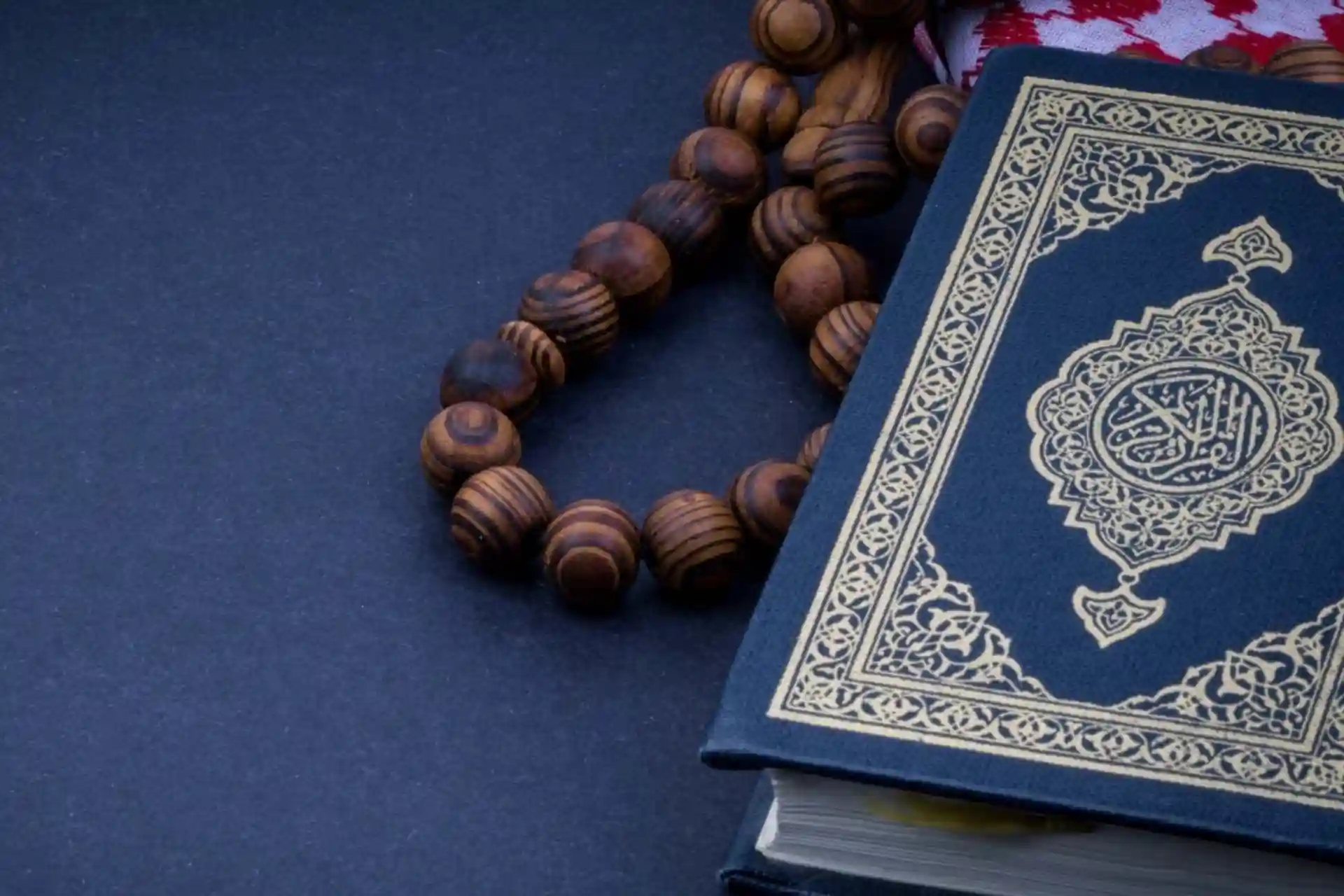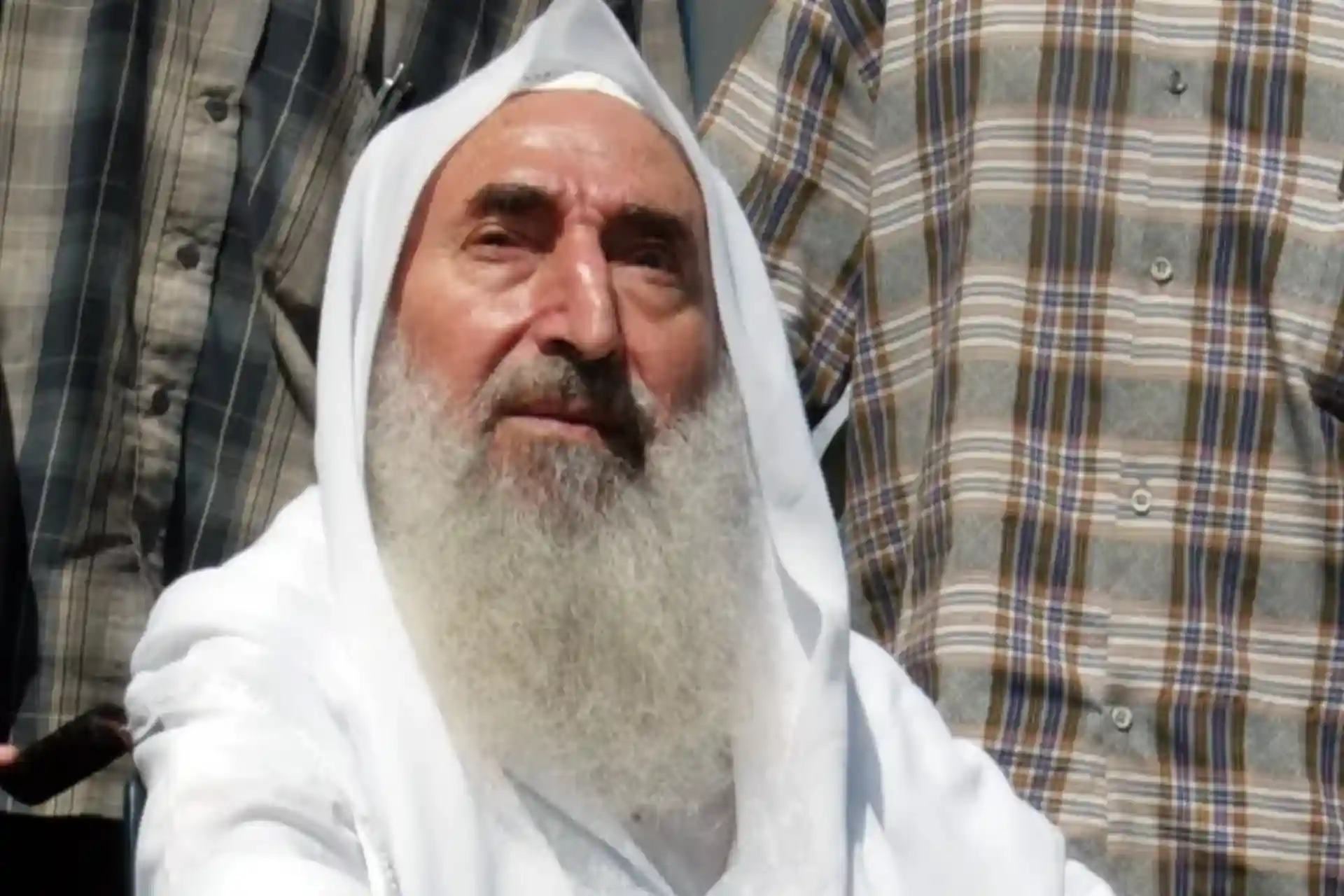Has the Ummah forgotten its duty?!
After the fall of the Ottoman Empire, the Islamic community experienced its weakest and most difficult days. The Prophet, peace be upon him, warned us about this. In a hadith that came from Sawban, may Allah be pleased with him, the Prophet said: "The Messenger of Allah, may God bless him and grant him peace, said: "The nations will be thrown against you like greedy people are thrown on (food) plates. "Is it because we were few on that day, O Messenger of God?" someone said. "No! In that day you will be many, but you will be like the foam of a flood. Indeed, Allah will remove your awe from the hearts of your enemies and put weakness (panic) in your hearts. "O Messenger of God, what is weakness (panic)?" said another. He, peace be upon him, said: "Fear is love of the world and dislike of death (fear of death)."
In addition to the authenticity of the text and sanad of this hadith, the events that are happening today, that is, the disintegration of the ummah, colonialism, dependence, economic and cultural backwardness, increase our confidence in these hadiths of the Prophet. Bosnia and Herzegovina , Afghanistan, the massacres in Iraq, the division of Sudan, the Arab Spring revolutions, the Palestinian problem, etc. will help us to understand the situation more deeply.
These events that happened and are happening raise a historical question: Are these events determined by the natural laws of the universe and history? Does the gradual occurrence of these warnings reported in the Hadith Sharifs indicate that the tidings that have not yet occurred are also inevitable? Isn't our ignorance of historical laws the direct reason for us to stay away from the field of history? Why did the Islamic Ummah forget the function of creating history? Islamic Ummah created history, is the era of Muslims over? Do we need to go back to the Qur'an and the Sunnah to change history?
Writing about the theory of history or the philosophy of history is one of the most complex and difficult studies. Because this topic is directly related to the past, present and future, and at the same time, it will have to answer the following complex questions:
- Has there ever been a law or a governing system in the history of mankind that determined its path, movement and development at the same time?
- If so, what is his name?
- How did the beginning of human history happen, how did it develop?
- What are the main factors of the theory of history?
- What is the role of humanity in the process of history?
- Is there an influence of divine factors on the course of history?
It is very difficult for us to find a solution to these and similar questions. That is why, in finding answers to these questions, we refer to the historical truths in the Holy Qur'an.
According to the Holy Qur'an, history is created not by individuals, but by societies. For this reason, first of all, we should distinguish the influence of individuals and communities in creating history. It should also be mentioned that Muslim communities, like other societies, will answer in the hereafter about how they have fulfilled their duties and responsibilities to history.
The Holy Qur'an makes a clear distinction between the duties of individuals and society. According to him, the task of individuals has two dimensions: cause and purpose. And the team's mission has three dimensions: cause, purpose, and positive or negative impact on society today or in the future.
Here , pay attention! Allah Almighty says: "We have hung the deed of every person on his neck (that is, every deed he does will be an inseparable companion for him in the two worlds). And We will bring forth a book (i.e., the act of nomai) that will be open to him on the Day of Resurrection . (And it will be said to him) : "Read your Book (that is, your good deeds) ! " Today, your ego is a sufficient reckoner against you" (Surah Isra, verses 13-14 ) .
Therefore, every person has a book in which his deeds, big and small, good and bad, right and wrong, are written down, even if it is even a little bit. A person can hide what he has done from people, neighbors, family, even the closest. But those things are not left out of the "book" mentioned in the above verse. This fact is known to many Muslims. Every Muslim knows that he is accountable to Allah for what he has done or not done.
But in the following verse, the situation is slightly different than the one above. Here we are talking about the book of deeds of society, not of individuals.
Allah Almighty says: "You will see every nation on its knees. Every nation is called to its proper deeds: " You will receive the punishment (reward) of your deeds today. This book will tell you the truth. Indeed, We were recording what you did" (it is said) " (Surah Josiah, verses 28-19) .
In this verse, we are talking about the book of the ummah, that is, the society, not an individual. To be more precise, we are talking about the ummah - the community, which is kneeling before God and presenting the book of its deeds as a community. Note also the sentence in Ayat al-Kareema: "Indeed, We were recording your deeds." The phrase "we were writing" mentioned in this verse does not consist of years and events, just like the annals of historians. Perhaps the book will record the actions and inactions of the society that have a positive or negative impact on today and tomorrow.
We have learned from the above two verses that there will be a book in which the actions of individuals and society will be recorded. So, in the presence of our Lord, we will answer not only for our actions as individuals, but also for what we have done and not done as a community. What each society has done for its present and future, what it could have done or did not do, whether its actions as a society had a positive or negative effect on today and the future - all these are answered as an ummah.
Allah Almighty says: "Every creature in the heavens and the earth will come (on the Day of Resurrection) in submission to the Merciful ." He has enumerated them" (Surah Maryam, verses 93-94) . In this verse, it is also reported that each servant will come to God alone, separately. In the second case, they come to God not individually, but as a group. At this time, things done in society are questioned. The answer is whether social relations are based on rights or not. In fact, a person worthy of leadership, worthy of leadership, can sometimes be inferior. Or the opposite. On this day, these relationships will be restored. This day is called "taghobun" in the Holy Qur'an - exchange, cheating one another. Taghobun is a day when the deception of some people will be revealed. That is , on that day, the place of the oppressor and the oppressed will change. It will be revealed that the oppressors are deceived by believing in their own power. Everything in society is put in its place. “Remember when He will gather you together for the Day of Gathering. That day is the day of Taghobun" (Sura Taghobun, verse 9) .
To conclude, in the hereafter, humanity will answer not only for itself, but also for the society, as an ummah, for the injustices in the society, for the actions that affect the present and future of the society, or for not acting when there was an opportunity to positively influence the future of the society and change the society.
Today, the Islamic community has forgotten this task. We are only thinking about ourselves, acting individually and selfishly ... We lost our responsibility as a team.
May God forgive us all and guide us to the right path!
Fuad Harija ,
Moroccan writer and researcher.
Translated with changes and additions


